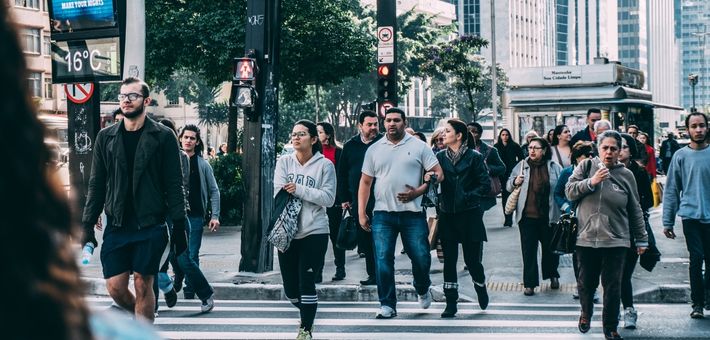The two theological questions that I love exploring are those of identity and vocation. Namely, who am I, and what am I doing?
Our identity is made up of millions of different factors, all put together in a unique way to make us the people that we are. Race, gender, sexual orientation, religion, class, education level, skills, quirks, nuances, relationships … so many factors, many invisible until the moment when they are brought to the fore.
Is “activist” an identity? Or is advocacy something you do?
For a long time, I didn’t think of myself as an advocate. To me, it was just filling a need. Once, at a conference, I confided to someone that I didn’t claim the identity of activist for myself because I didn’t see my work that way. I described my ministry with LGBTQ youth, as well as helping congregations make a statement of welcome. She listened to me patiently and then looked at me directly and said, “I think what you are describing sounds exactly like what an activist would do.”
The reality is that most forms of discrimination are based on identity. We are a world steeped in white supremacy, patriarchy, xenophobia, and colonialism. All these sins stem from the notion that there are superior and inferior identities. When we recognize these sins in ourselves, we repent. When we recognize these sins in our world, we do the work to make the world better in some way. We advocate. We become activists.
Spend a little time thinking about these questions:
- What forms of injustice do we recognize in the world?
- Of that list, what form of injustice motivates us to do something about it?
- What are the tangible actions we can do to address that injustice from our particular position in society?
A lot of people struggle with that third question. It can be hard to know what we can do, which can leave us powerless. It can be easy to compare ourselves to those who we think are doing more or better forms of advocacy. There are many things that hold us back, but I argue in my book The Everyday Advocate: Living Out Your Calling to Social Justice, we must start to think of advocacy as an integrated part of our life, thinking what we can do to help make this world more just, equitable, and safe.
Instead of getting hung up on the barriers to getting involved, we can examine who we are and what we can contribute to any particular justice movement.
- How can I learn more about the issue and its solutions?
- What people or organizations are working on this issue?
- What gifts, talents and opportunities do I have to support or collaborate with others who are working on the issue.
- How might I bring attention to the issue?
We don’t do advocacy in order to please God or to promote ourselves and our work. We do this because we care about this world around us. We do it because we have been called and anointed to spread God’s loving justice to the world.
The scripture I use to motivate me in my advocacy is the scripture passage I chose for my confirmation as a teenager:
The Spirit of the Lord is upon me,
because he has anointed me
to bring good news to the poor.
He has sent me to proclaim release to the captives
and recovery of sight to the blind,
to let the oppressed go free,
to proclaim the year of the Lord’s favor (Luke 4:18–19).
Part of the beauty of this passage is its versatility. Jesus, returning to his hometown, read from the scroll of the prophet Isaiah. Isaiah was speaking to the exiled Israelites. Jesus applied those same words, spoken hundreds of years before him, to himself and his ministry. Then, nearly two thousand years later, those same words shaped my identity as an advocate. Those same words, uttered by Isaiah and Jesus, can also apply to your calling.
As Christians, we are all called and anointed to bring good news to the poor, release to the captives, and freedom to the oppressed. That commandment is clear in both the Hebrew Scriptures and the words of Jesus. Just as the problems of this world are interconnected, so are the solutions. God created us with a diverse set of identities, skills, and social locations and put us in relationships with one another.
Advocacy is a calling for all of us to incorporate into the everyday choices we make about where and how to spend our money, attention, and energy. It is doing the small actions, and occasionally the big action that is needed to advance the cause of justice. It is living out our identities as baptized and called Children of God, secure in God’s grace, and with the power to make a difference in the world.



